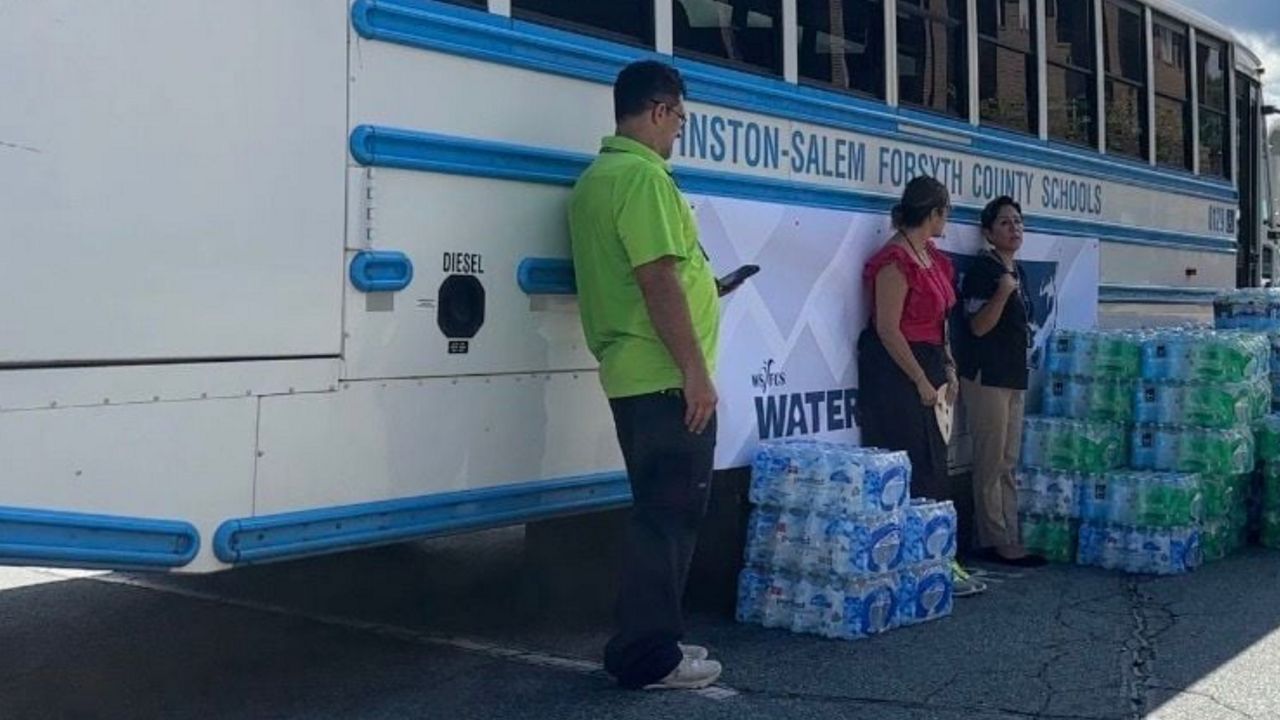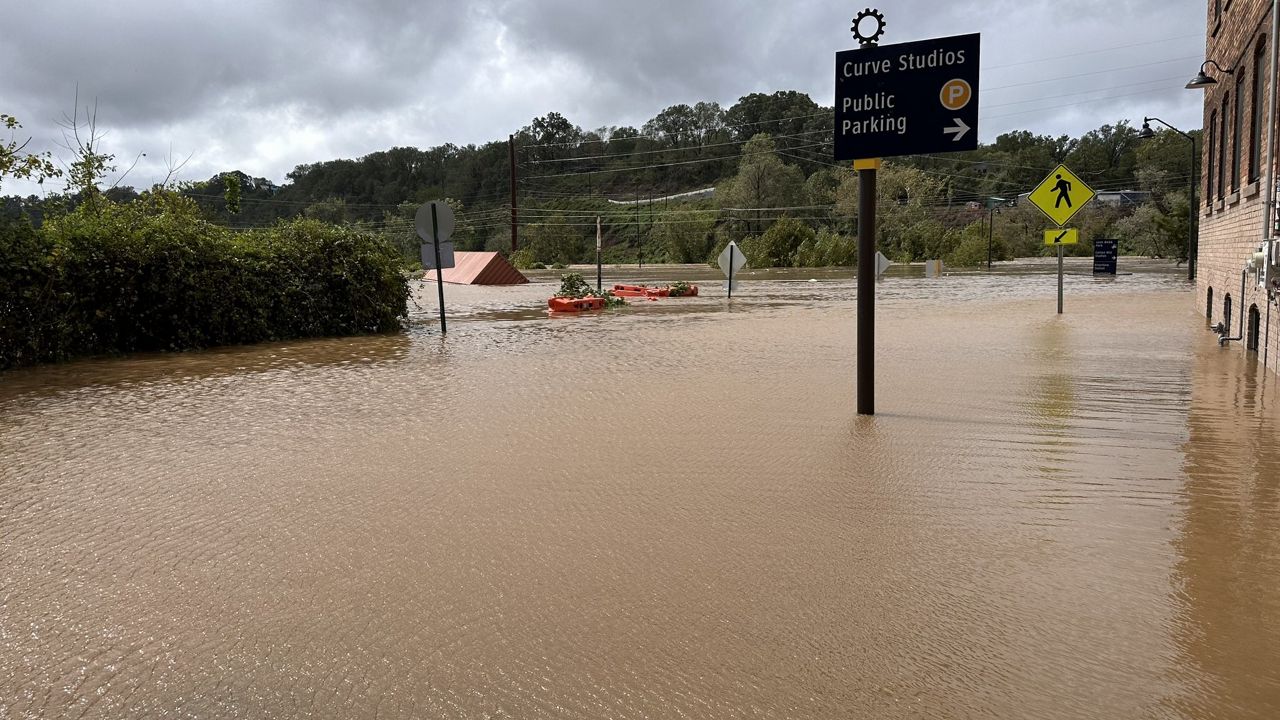Helene’s remnants tore through the mountains, leaving devastation in the storm’s wake. Many houses were flooded and ripped apart, roads have fallen in, downed trees are blocking various streets, and thousands are without electricity.
Help from all over the state and the country have poured into western North Carolina. State rangers, firefighters, military, school districts, colleges, universities and community members have supported those affected by the storm.

Officials stress the importance for everyone to remember to avoid dangerous floodwaters. Safe water precautions are important to know and remember for those in affected areas who can’t reach clean and healthy water.
What Lurks in Floodwaters
Floodwaters have an increased risk of drowning. An adult can be knocked down by only six inches of fast-moving water. Floodwaters can hide objects that can cause harm and even death. These objects include debris from buildings, cars and even stray animals that may bite.
Floodwaters can also carry harmful chemicals. These include household substances, such as bleach and antifreeze, industrial waste like acids and radioactive materials and medical wastes.
Disease exposure is also possible in floodwaters. They can damage water infrastructure, including sewers and drainage systems, causing water contaminated with human and animal waste to enter the flooding. Going into floodwaters with open wounds is very dangerous. If this happens, clean affected areas as soon as possible and get medical attention.
CDC Recommendations if You Encounter Floodwater
Personal hygiene is important, especially during natural disasters, and the CDC recommends community members brush teeth and bathe with only clean water, which can be boiled or commercially bottled. Boiling water kills dangerous germs. When bathing or showering, keep water away from eyes and mouths.
Water must be boiled for one minute at a full rolling boil to be considered clean, the CDC said. All tap water must be boiled before use. Sewage and toxic chemicals can contaminate rivers, streams and lakes. Do not bathe in these waters. Visit this link for more information on safe drinking water: EPA Guidelines for Disinfecting Water.



